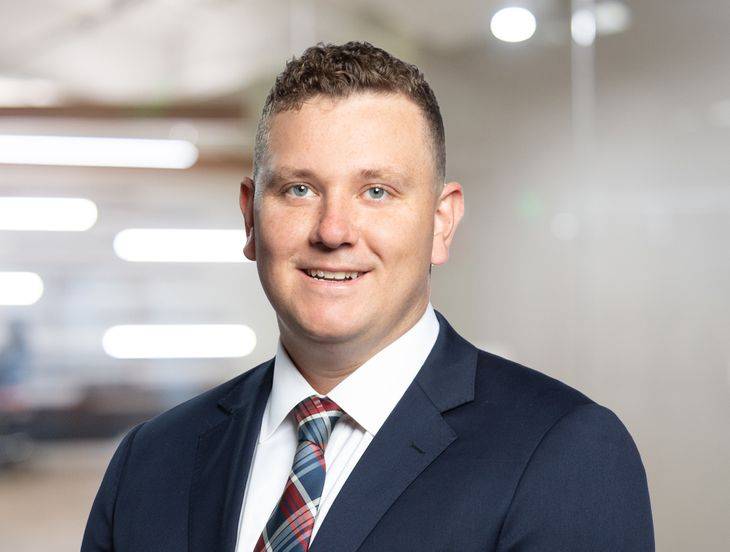NYC Bans Contract Terms that Reduce the Time Employees Have to Bring Discrimination Claims: Key Points for Employers
Insights
5.16.24
New York City employers should review their handbooks and employment agreements to ensure they comply with a new law that took effect May 11. Lawmakers recently amended the New York City Human Rights Law (NYCHRL) to prohibit any term of an employment agreement aiming to shorten the time for employees to file a claim of unlawful discriminatory practices, harassment, or violence under the NYCHRL. Here’s what you need to know to comply.
Key Compliance Points
- The NYCHRL protects employees from illegal discrimination and harassment, among other things.
- Aggrieved employees have one year to file a complaint with the NYC Commission on Human Rights alleging unlawful discrimination, harassment or violence and three years to file a gender-based harassment claim.
- In addition, employees may file a lawsuit within three years of the alleged NYCHRL violation.
- While court cases previously upheld contractually shortened statute of limitations periods under the NYCHRL, this amendment now prohibits any provision within an employment agreement that attempts to contractually shorten these time periods.
- Now, if an employment agreement includes such a term, it will be void and unenforceable, but it will not affect the enforceability of other terms in the agreement.
What Should Employers Do Now?
- You should take a fresh look at all employment agreements, handbooks, arbitration agreements, and other documents governing terms and conditions of employment.
- Check for any language aiming to limit the time employees have to bring claims under the NYCHRL.
- Any provision with such a term is now unenforceable, and the agreements should be revised accordingly.
Conclusion
We will continue to monitor workplace developments, so make sure you are subscribed to Fisher Phillips’ Insight System to get the most up-to-date information directly to your inbox. If you have questions about these updates, contact your Fisher Phillips attorney, the authors of this Insight, or any attorney in our New York City office.
Related People
-
- Melissa Camire
- Partner
-
- Henry Thomson-Smith
- Associate

